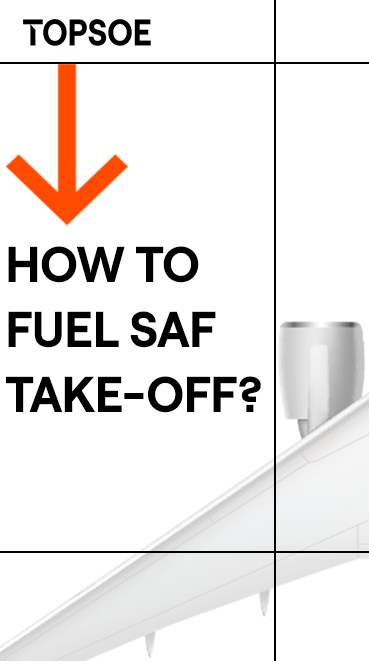Baseblue delivers marine biofuel to 3-masted clipper Stad Amsterdam
- Baseblue
- Dec 20, 2023
- 2 min read

Baseblue, a provider of marine-energy solutions, announced Dec. 19 that it has successfully delivered renewable diesel, also known as hydrotreated vegetable oil (HVO), to the Stad Amsterdam, a three-masted clipper recognized for its design, marking a significant step towards decarbonization and contributing to a more sustainable maritime industry.
The delivery made by Baseblue was an HVO30 blend of fuel consisting of 30 percent renewable diesel mixed with 70 percent gasoil with 10 parts per million (ppm) of sulfur.
The operation’s success between Baseblue and Stad Amsterdam highlights the flexibility and efficiency of both parties, affirming their joint commitment to ensuring a smooth bunkering process amidst the ongoing energy transition.
“We are proud to have been selected by Stad Amsterdam to complete the supply of HVO30,” said Daan Jager, a Baseblue trader. “This delivery underscores Baseblue’s commitment to promote renewable biodiesel adoption, fostering sustainable practices within the shipping industry and helping the maritime sector to achieve its emissions targets whilst aligning with its evolving needs.”
Patrick Benink, also a trader with Baseblue, added, “Driven by the new International Maritime Organization’s greenhouse-gas strategy and new European regulations such as the EU Emissions Trading System and FuelEU maritime, the demand for lower-carbon fuels is rising. Baseblue has been working diligently to deliver on a global scale, the right fuel at the right time to the most convenient port ensuring biofuel availability at numerous ports.”
Reinoud van der Heijden, operations manager at Rederij Clipper Stad Amsterdam, said, “We are doing our utmost to keep the CO2 footprint as low as possible. Obviously, it is of great help that we are a sailing ship and where possible, we carefully choose our sailing routes in order to take the best advantage of prevailing winds. However, this sailing ship also has generators and a main engine. After an extensive study with the help of a student from the TU Delft University, we were certain that HVO30 fuel was the right choice. Our ambition is to sail with HVO100 but to achieve this several tests must still be carried out in cooperation with our classification society.”
Drop-in renewable fuels such as HVO are a key component of the future-fuel mix for the maritime industry.
These can use the existing bunkering infrastructure, ensuring easier supply worldwide.
Furthermore, all the biofuels emit nearly zero CO2 and SOx, offering substantial environmental benefits.
“Catom PDM, involved as distributor of this bunker delivery, recognizes the benefits that various biofuels have to offer,” said Mike Halters, Catom PDM’s business-development manager. “Our aim is to be a key enabler for companies in their quest to reduce their CO2 footprint by providing their biofuel of choice.”
Robert-Jan Hofstra, commercial manager at Catom PDM, added, “We believe intercompany collaborations like this are necessary to achieve the goals set for the maritime industry. Catom and its subsidiaries offer the necessary distribution network and knowledge required to deliver the renewable biofuels for all industries. Together with Baseblue we managed to deliver in compliance with all regulatory affairs and quality standards. It is very rewarding to see how everything comes together to the satisfaction of everyone involved.”


































